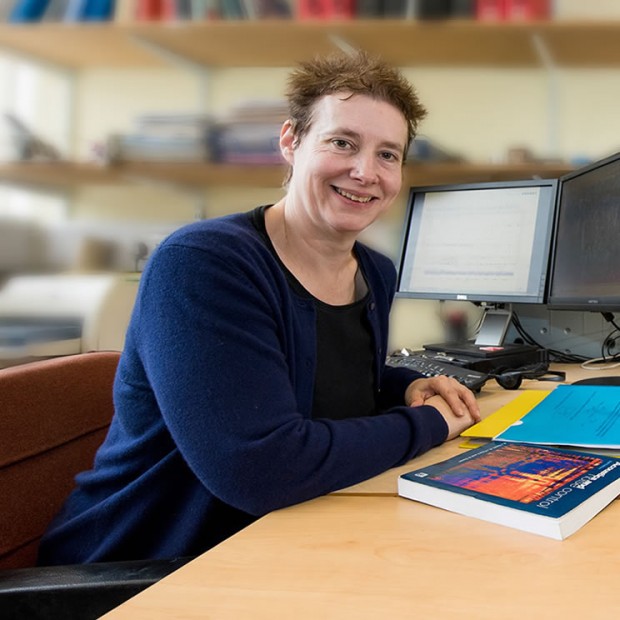Hartley News Online Your alumni and supporter magazine
The University of Southampton is embarking on a multi-million pound research project that aims to reduce the high number of fatalities from road traffic accidents in low and middle-income countries.
The project will involve collaboration with universities across Africa and Asia, and is being funded by the National Institute for Health Research (NIHR) as part of a £120m investment to 33 research units and groups, with the aim of improving the health of patients and public. Southampton’s share, which totals nearly £2m, will go to the NIHR Group on Global Road Safety, part of the University’s Transportation Research Group.
It will fund work to collect road transport data, develop and simulate solutions to road safety problems, and help shape policies and regulations to reduce accidents in LMICs. The work will be done in collaboration with universities in Bangladesh (Bangladesh University of Engineering and Technology), Kenya (Strathmore University), Vietnam (National University of Civil Engineering) and China (Tsinghua University).
Lead researcher Professor Neville Stanton, who was awarded his Doctor of Science in Human Factors Engineering from the University in 2013 , commented:
“World Health Organisation figures tell us that low and middle-income countries have more than twice as many road traffic fatalities, per head of population, compared to high-income countries.
He added: “They represent 82 per cent of the global population, but they only have 54 per cent of registered motor vehicles – demonstrating a disproportionate number of deaths relative to their level of motorisation.
“We aim to reduce the number and severity of road accidents in LMICs through our underpinning philosophy of ‘local solutions for local problems’ – working with partners in four key countries. We don’t set out to impose a westernised view of road safety; instead we seek to capture the current challenges and develop and evaluate relevant and realistic solutions.”
Following the success of the initial national call for projects by the NIHR, a call for a second round of applications has now been launched, funded by £40m from the Department of Health Official Development Assistance (ODA) budget.
Health Minister Lord O’Shaughnessy said: “This funding allows our universities to strengthen their research and expertise as leaders in global health research. The UK will continue to be at the forefront of health knowledge, and it is only right that we support other nations as they improve care for patients and public.”



